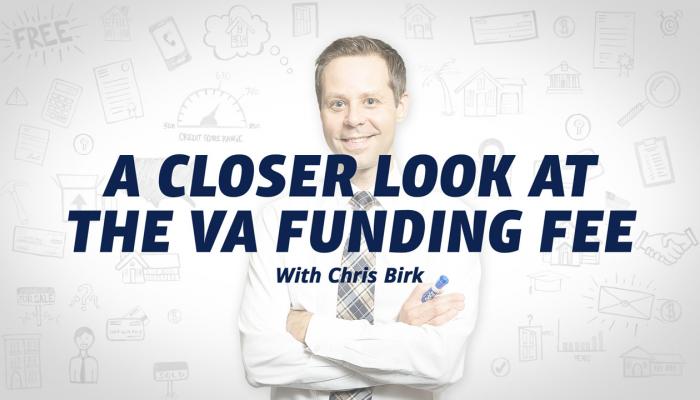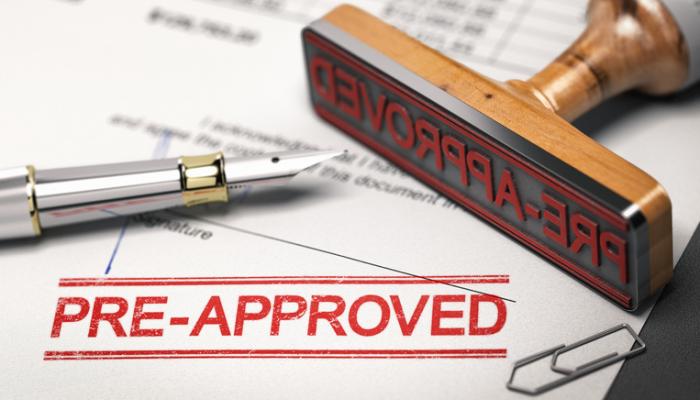VA loan lenders typically require two years of consistent income, but every employment scenario is different. If you have less than two years on the job, lenders make take into account several indicators such as past employment, education and training.
It’s absolutely possible for applicants to earn VA loan approval if they have been employed at their current job for less than two years. But it depends on your specific income and employment situation, the lender and more.
Every employment scenario is different, and lenders typically evaluate them on a case-by-case basis.
Does the VA Require a Two-Year Work History?
The VA requires that you show two years of consistent income, although they do not need to be from one job or position. Breaks between employment must be substantiated.
Lenders often need to document at least a two-year work history as well. Note that lender income guidelines may or may not mirror the VA’s requirements.
If you have less than two years on the job, a lender may take a careful look at these indicators:
- The nature of your current job and your training, education and qualifications for it
- How long you’ve been in your current job and whether it’s related to your previous job experience or education
- Your MOS or past employment record, including length of time at other jobs
- Your employer’s confirmation that your job is likely to continue
Every employment scenario is different, and lenders typically evaluate them on a case-by-case basis.
Let’s take a look at a few common scenarios.
Recently Separated Veterans & College Graduates
Depending on their purchasing timeline, veterans who recently left the military and recent college graduates may not have been in their current job for two years. But that may not matter if lenders are satisfied there’s sufficient continuity between the borrower’s new employment and their MOS, training or education.
If lenders feel there is continuity, then you may be able to move forward immediately with the VA loan process. Even veterans who are brand new on the job may be able to close on a loan with just a single pay stub from the new gig.
A clear connection between past job/education and future work is one of the big issues here. So is a sense of stability and sufficiently documenting your new income. Otherwise, you may need to wait until you’ve been on the job for at least 12 months. Guidelines can and will vary among lenders.
For active duty military, if you’re purchasing within 12 months of separating from the military, lenders will want to know more about your future income and employment.
Changing Civilian Jobs
Broadly, the same is true for veterans who change jobs in the civilian world. We live in a day and age when it’s not uncommon for people to cycle through multiple employers during their lifetime.
If you’ve changed jobs during the past two years, lenders will take a close look at your employment timeline and how your new job and income compare to your previous work, education and training.
If lenders feel there’s enough continuity between old and new, then you may be able to move forward immediately. Otherwise, you’ll often be able to proceed once you’ve been on the new job for 12 months.
Again, every lender and employment scenario is different. Things could get a bit more challenging if you’re jumping to a totally different occupation or career field, but it really depends on your specific situation.
Gaps in Employment
It’s not uncommon for people to have gaps in their employment history. Maybe you got laid off for a few months before landing a new full-time job, or you stayed home for a few years to raise your kids or take care of a sick loved one.
Prospective borrowers who’ve experienced a gap in employment may be able to move forward well before being back in the workforce for two years.
Policies and employment requirements can vary by lender.
The bottom line is lenders will want to document your two-year work history, but you may be able to land a VA loan without having two years on the job.
Related Posts
-
 2024 VA Funding Fee: Complete Explainer with Charts and ExemptionsThe VA funding fee is a governmental fee required for many VA borrowers. However, some Veterans are exempt, and the fee varies by VA loan usage and other factors. Here we explore the ins and outs of the VA funding fee, current charts, who's exempt and a handful of unique scenarios.
2024 VA Funding Fee: Complete Explainer with Charts and ExemptionsThe VA funding fee is a governmental fee required for many VA borrowers. However, some Veterans are exempt, and the fee varies by VA loan usage and other factors. Here we explore the ins and outs of the VA funding fee, current charts, who's exempt and a handful of unique scenarios. -
 Can Your Mortgage Be Denied After Preapproval?It is possible for you to get denied for a home loan after being preapproved. Find out why this may happen and what you can do to prevent it.
Can Your Mortgage Be Denied After Preapproval?It is possible for you to get denied for a home loan after being preapproved. Find out why this may happen and what you can do to prevent it.


